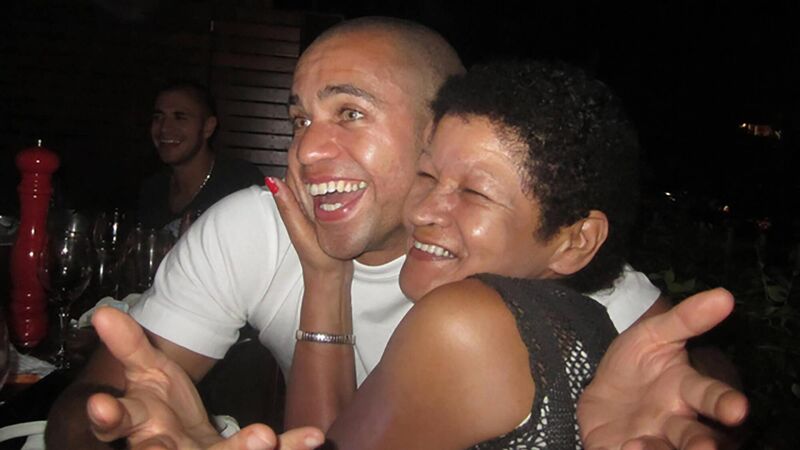To the average person, Christine Buckley was an ‘Irish hero’, but to Conor she was just mum

It’s a bright, early morning on Paddy’s Day week, and Conor Buckley, son of the late trailblazer and activist Christine, feels a little worse for wear.
Try from €1.50 / week
SUBSCRIBE
It’s a bright, early morning on Paddy’s Day week, and Conor Buckley, son of the late trailblazer and activist Christine, feels a little worse for wear.
“I’ve just gotten the two red lines on an antigen there,” he laughs. “Covid’s finally gotten me!” he says. “Ah I’m grand though. I was out at the weekend and just thought I couldn’t drink anymore!”
Already a subscriber? Sign in
You have reached your article limit.
Annual €130 €80
Best value
Monthly €12€6 / month
Introductory offers for new customers. Annual billed once for first year. Renews at €130. Monthly initial discount (first 3 months) billed monthly, then €12 a month. Ts&Cs apply.
CONNECT WITH US TODAY
Be the first to know the latest news and updates
Newsletter
The best food, health, entertainment and lifestyle content from the Irish Examiner, direct to your inbox.
Newsletter
The best food, health, entertainment and lifestyle content from the Irish Examiner, direct to your inbox.
© Examiner Echo Group Limited